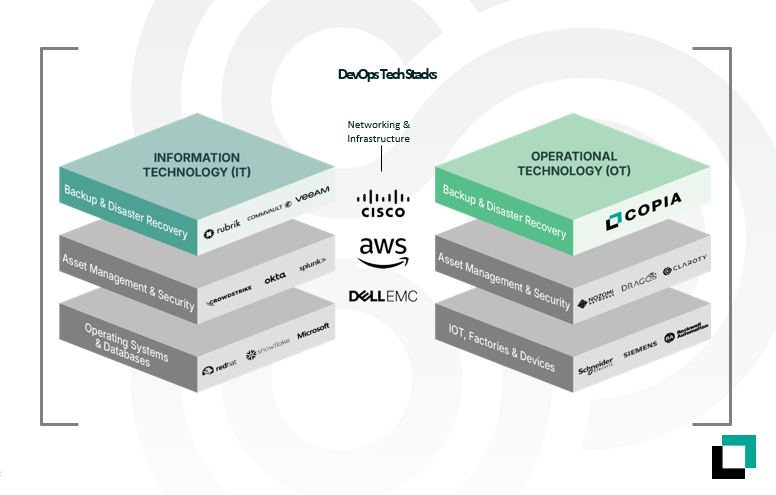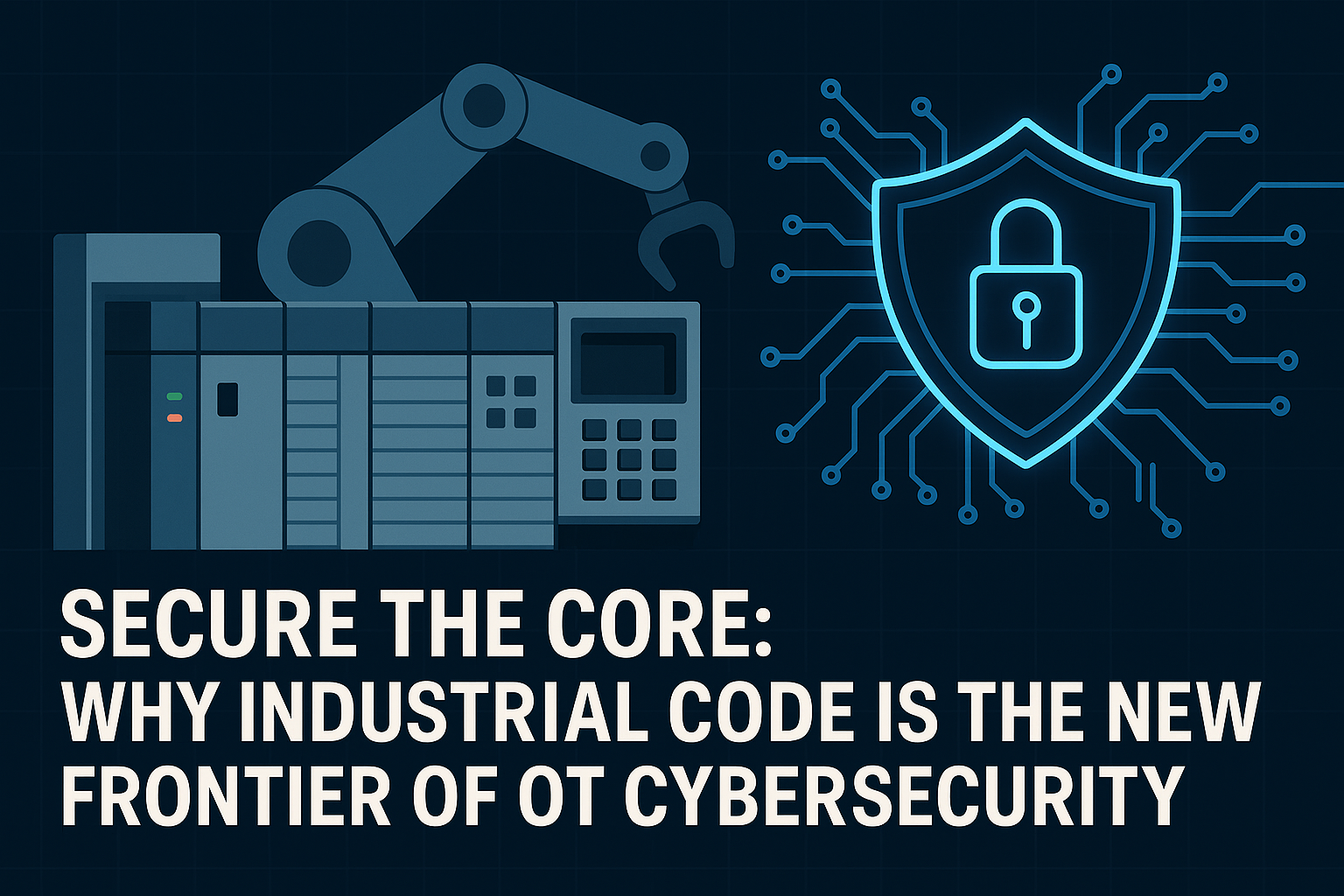Introduction
The convergence of IT and OT has brought about unprecedented opportunities for industrial organizations, but it has also exposed them to a growing wave of cyber threats. Protecting critical industrial systems from these threats requires a proactive and holistic approach that integrates security into every aspect of operations. Industrial DevOps plays a crucial role in this effort, providing a framework for building more secure and resilient industrial environments.
The Growing Threat to Industrial Systems
Industrial systems are increasingly becoming targets for cyberattacks due to several factors:
- Increased connectivity: The proliferation of connected devices and the convergence of IT and OT have expanded the attack surface for industrial organizations.
- Critical infrastructure: Industrial systems often control critical infrastructure, such as power grids, water treatment plants, and transportation networks, making them attractive targets for malicious actors.
- Legacy systems: Many industrial systems rely on legacy hardware and software with known vulnerabilities, making them easier to exploit.
- Ransomware attacks: Ransomware attacks are on the rise in the industrial sector, crippling operations and causing significant financial losses.
According to Copia Automation's 2024 State of Industrial DevOps Report, cybersecurity breaches are a leading cause of unplanned downtime in industrial settings, highlighting the urgent need for improved security measures.
Industrial DevOps: A Framework for Secure Operations
Industrial DevOps provides a framework for addressing these cybersecurity challenges by:
- Integrating security into the development lifecycle: Industrial DevOps promotes a "shift-left" approach, where security considerations are integrated into the design, development, and deployment of industrial systems.
- Automating security testing: Automated security testing tools can identify vulnerabilities early in the development process, reducing the risk of introducing security flaws into production systems.
- Implementing robust access control: Industrial DevOps emphasizes the importance of granular access control to ensure that only authorized personnel can access critical systems and data.
- Strengthening change management: By implementing controlled change management processes, Industrial DevOps helps prevent unauthorized or malicious modifications to industrial systems.
- Improving vulnerability management: Industrial DevOps facilitates the rapid patching and remediation of vulnerabilities, reducing the window of opportunity for attackers.
Key Security Practices in Industrial DevOps
Several key security practices are essential for securing industrial operations within an Industrial DevOps framework:
- Asset inventory and visibility: Gaining a comprehensive understanding of all OT assets, their configurations, and their vulnerabilities is the foundation of any effective security program.
- Network segmentation: Dividing the network into smaller, isolated segments can limit the impact of a security breach and prevent attackers from moving laterally through the system.
- Secure remote access: Implementing secure remote access solutions, such as VPNs and multi-factor authentication, is crucial for protecting industrial systems from unauthorized access.
- Continuous monitoring and threat detection: Real-time monitoring and threat detection tools can identify malicious activity and enable rapid response.
- Incident response planning: Having a well-defined incident response plan is essential for minimizing the impact of a security breach and ensuring business continuity.
Conclusion
In the face of escalating cyber threats, industrial organizations can no longer afford to treat security as an afterthought. Industrial DevOps provides a powerful framework for building security into the fabric of industrial operations, enabling organizations to protect their critical assets, maintain uptime, and ensure the safety of their personnel and the environment. By embracing Industrial DevOps principles and implementing robust security practices, industrial organizations can strengthen their defenses and build a more secure and resilient future.




